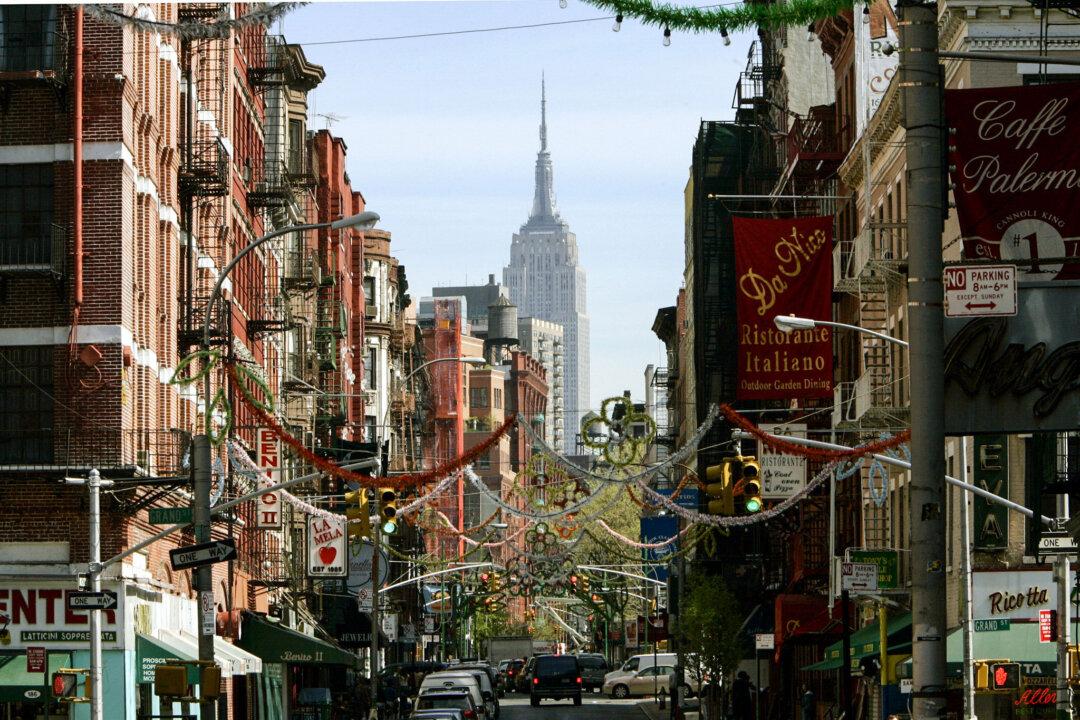New York City Mayor Eric Adams’s decision to move ahead with plans to sell the space that Elizabeth Street Garden currently occupies to a developer with plans to build a housing complex for senior and homeless citizens has spurred a last-ditch effort to save the park, with celebrities writing open letters to the mayor.
The city has not backed down in the face of stepped-up grassroots pressure. If the park, located in Manhattan’s Little Italy neighborhood, is demolished next week as scheduled, a seven-story housing complex will replace it, featuring at least 6,700 square feet of green space and 123 units for senior residents, 50 of which will go to homeless seniors.





